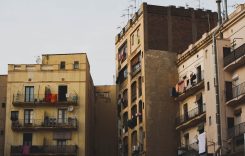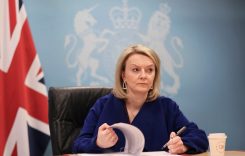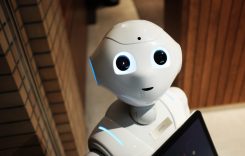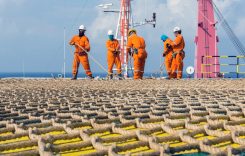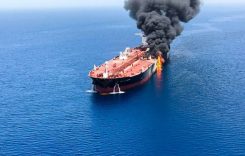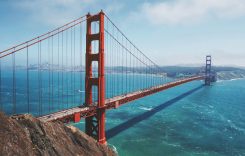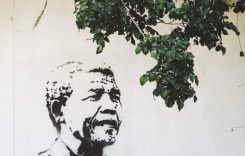As the pandemic spreads across the planet, country after country, families around the world testify to their daily lives, more or less affected by the coronavirus.
Rym Najjar is an executive at the Palestinian Ministry of Economy. She lives in Ramallah with her husband and two of her three student children. His second daughter is a student in Berlin.
“So far life” under the coronavirus “is acceptable. People understand that Palestine is a very poor and busy country. We have no other way to defend ourselves than to stay in our homes. We now have two enemies: the Israeli occupation and the coronavirus. Both are enemies of humanity.
But, of course, we have to keep the country alive and certain activities are maintained. Regarding the public sector, everything is at a standstill apart from the Ministries of the Interior, the Economy, Health and Finance, which are on minimum service, never more than 10 people at the same time. The majority of the private sector works at home, with the exception of banks which operate with a third of their staff. Shops are of course on the front line: pharmacies and bakeries, grocery stores and petrol stations operate from 8 a.m. to 7 p.m.
We are especially concerned because hospital supplies only come in very small quantities due to the limited capacity of the State of Palestine.
Fortunately, there is great solidarity here. Many initiatives have been taken by the population, such as donating food or disinfection supplies to the poorest; volunteers took care of cleaning the streets; volunteers guard the entrances to the villages and set up tents to respond to repeated incursions by the occupying army and settlers into the villages; the private sector has collected donations for the Ministry of Health to buy medical supplies…
So, of course, there is a great fear of the spread of the infection because we know the limited capacities of the Palestinian government. But, on the other hand, there is a high sense of social responsibility and a great challenge that we must win against this epidemic.
What we fear most are the consequences of the occupation on our ability to fight the epidemic. For example, currently, the Israeli authorities limit or prohibit the entry of raw materials used in the manufacture of disinfectants. They also completely closed the borders to the movement of people, even the sick.
At the same time, there is great neglect regarding the safety of Palestinians who work in Israeli facilities. Occupation soldiers threw an employee of an Israeli factory on the road at a checkpoint on Tuesday because his employer feared he was infected with the coronavirus. Which, after examination, turned out to be totally wrong.
As for the Palestinian prisoners, they are living in hell: the Israeli occupation has withdrawn all the cleaning equipment and sterilizers, in addition to 17 food products, the most important of which were vegetables and fruits. Authorities refuse to release sick prisoners, women, children and administrative prisoners who have been imprisoned without charges being laid against them. At the same time, no steps are taken to protect them from infection.
I would like to add something important: at a time when we all need to rethink our behavior towards humanity, we must think about how to save humanity from this monster that is the Israeli occupation. As we all strive to save humanity from this virus, the Israeli occupation continues to demolish Palestinian homes in Jerusalem and the West Bank, uproot our olive trees and burn them… it has not abandoned its brutality and racist.
My family and I live in this mixture of fear of the coronavirus, the serious consequences that its spread can have in Palestine, and the fear of Israeli military apartheid which increases in the light of the contagion. We are angry at the silence of the world at the fascist tyranny of Israel. Because we live in isolation in isolation: the isolation of occupation and the isolation of confinement due to the virus. Let me recall what the Israeli occupation did in the Gaza Strip permanently and in many Palestinian villages and towns intermittently: they closed the borders, preventing Palestinians from moving between or to cities ‘other countries, also prohibiting entry to these territories. They prohibited us at certain times from going to cinemas, schools, restaurants, family celebrations, cabarets. They prevented Palestinians from working, depriving families of income. We lack medicine, specialists and equipment. Our patients no longer have establishments that could care for them, due to a lack of space and equipment. Isn’t this what this coronavirus does to the countries of the world? With an important difference: the virus is invisible and the whole world admits to suffering from it, while the whole world sees the Israeli occupation but no one feels our suffering. ” lack of space and equipment. Isn’t this what this coronavirus does to the countries of the world? With an important difference: the virus is invisible and the whole world admits to suffering from it, while the whole world sees the Israeli occupation but no one feels our suffering. ” lack of space and equipment. Isn’t this what this coronavirus does to the countries of the world? With an important difference: the virus is invisible and the whole world admits to suffering from it, while the whole world sees the Israeli occupation but no one feels our suffering. “

